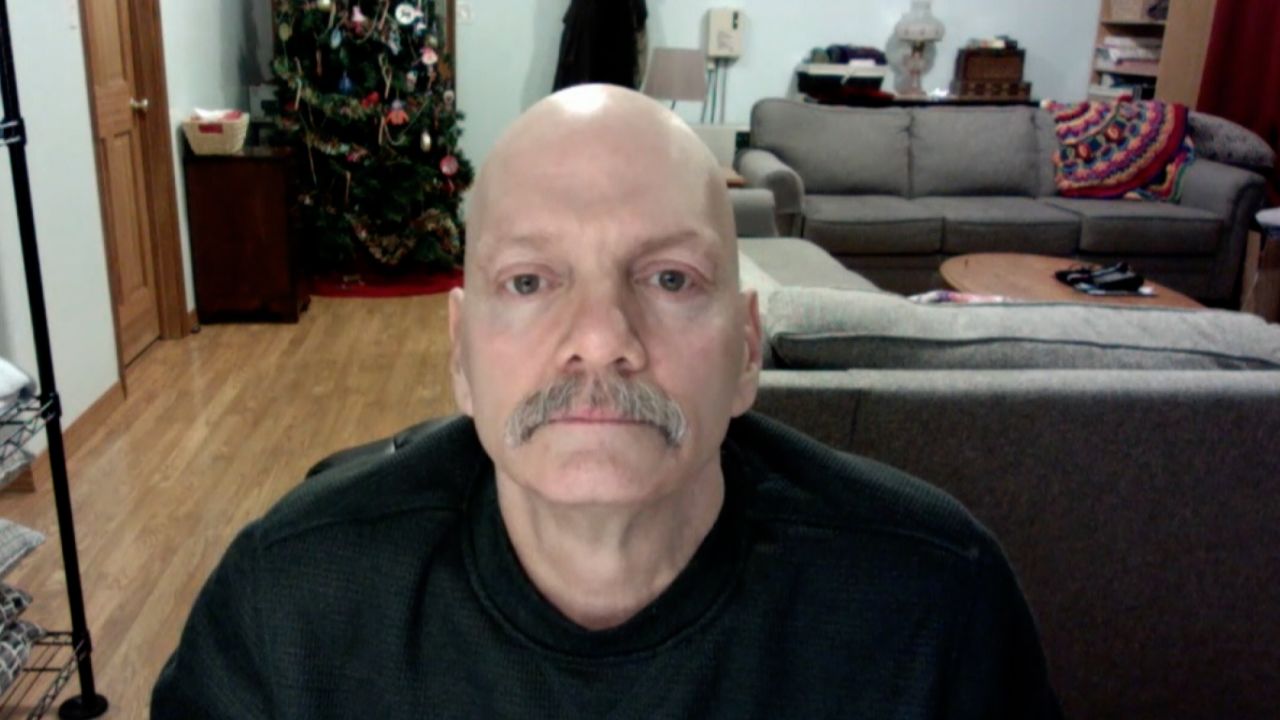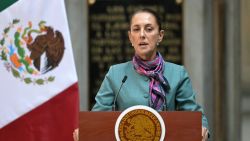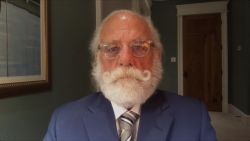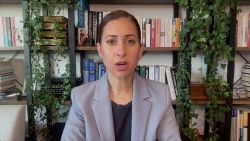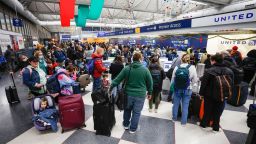Patrick Holland had only been on the heart transplant list for a few weeks when he said he got a call last Thursday from the University of Washington Medical Center in Seattle that a donor match had been found.
The 56-year-old Alaska man, who has congestive heart failure, was going to get a new heart.
“It was terrifying news to hear that I was going to get a transplant, to be honest with you. I was terrified,” Holland told “CNN This Morning” Thursday. “And then I was excited.”
Holland raced to the airport with his brother to catch the first flight from Fairbanks, Alaska, to Seattle only to learn it was canceled amid a winter storm last week that battered much of the US, leading to thousands of flight cancellations.
Airline workers secured him a spot on another plane after learning of his situation, but due to the winter weather, that flight was rerouted to Anchorage mid-flight – something Holland only realized after they landed, he said.
“I started to panic,” he said, “and my worst fears were overwhelming me. Because when you hear that, you’re like, there’s somebody donating a heart and I don’t imagine they can wait that long. Because the longer it waits, the longer the tissue decomposes.”
Alaska Airlines “jumped through hoops to get me there,” Holland said. But multiple subsequent flights were also canceled, and he told his brother, “I know I’ve lost it, I know I have.”
Moments later, the transplant coordinator gave him a call.
“She was calling me back to tell me they were going to give the heart to somebody else.”
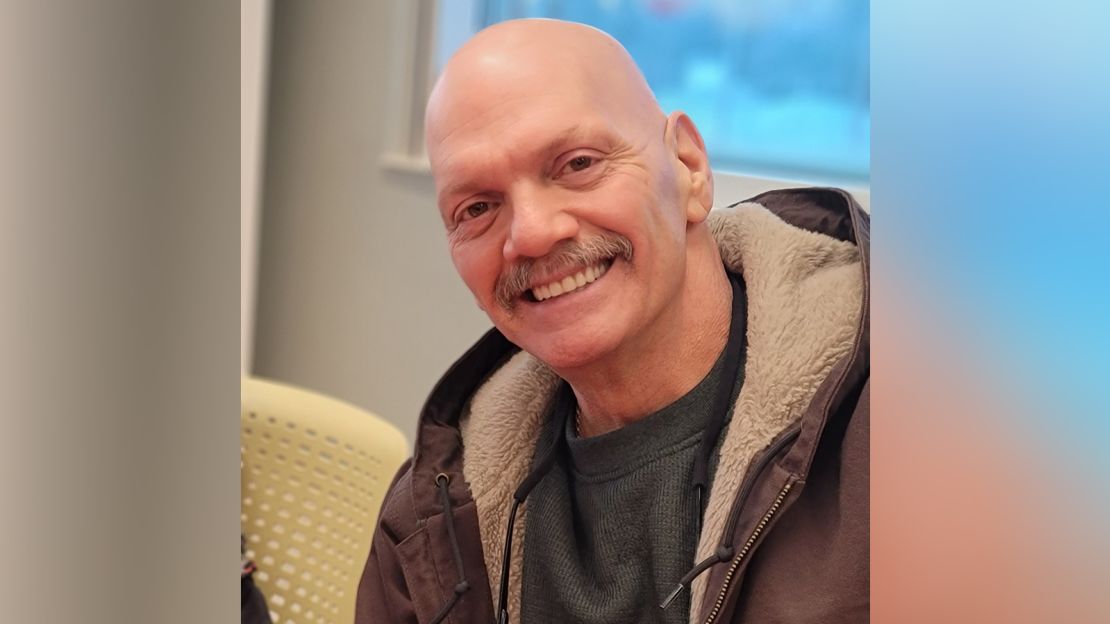
Harsh winter weather conditions have heavily impacted the Pacific Northwest in recent days. The ice caused runways at Seattle-Tacoma International Airport to close, and nearly half of flights going into and out of the airport were canceled on Friday, according to FlightAware.
Driving to Seattle wasn’t really an option.
Fairbanks is about 2,145 miles from Seattle. While a flight there typically takes about three-and-a-half hours, driving can take about 39 hours – if it’s driven nonstop in optimal weather and road conditions. There are also two border checkpoints in between.
Being on the transplant list allows Holland a chance at getting a new organ. Holland said he had experienced a “massive heart attack at 29,” as well as a series of heart-related complications since then.
“Each phase takes a lot from you,” he told CNN, adding it’s impacted the way he interacts with his seven children, who range in age from 36 to 3 years old. “Now I can’t chase them around for more than 30 seconds, and then my heart starts pounding like it’s coming out of my chest. And then if I keep going, I’ll get shocked by my defibrillator.”
Waiting for an organ transplant isn’t as simple as “taking a number and waiting your turn,” according to the United Network for Organ Sharing.
“The waitlist is better described as a giant pool of patients,” the site reads. “When a deceased organ donor is identified, UNOS’ computer system generates a ranked list of transplant candidates who are suitable to receive each organ. UNOS matches individuals waiting for a lifesaving transplant with compatible donor organs.”
Organs require specific methods of preservation to remain viable. For hearts and lungs, the maximum organ preservation time can be around four to six hours, while kidneys can range from 24 to 36 hours, the organization said.
Holland tried to look “at the bright side of things,” he said. Someone else received a Christmas miracle, getting the transplant that was originally meant for him, while he got to go home and spend Christmas with his family.
“There is a big part of me that feels like I let them down by not being in Seattle. I blame myself for that part,” he said, adding he didn’t expect to receive a call about a transplant so quickly.
Holland’s dream is to be able to keep up with his children, he told CNN. And he is looking forward to spending time with his wife of 17 years, Haley, who runs a Facebook page dedicated to her husband’s journey.
“We aim to be more prepared for the second call,” reads a recent post on the page. “The first one came in two-and-a-half weeks. The next one could come any time, or it could be weeks or months out.”
Holland says he plans to find a temporary home in Seattle soon so he will be ready once his name is called.
For now, what’s keeping him moving forward is his family, community and faith. He remains hopeful because, “I know in the end where I’m going to be no matter what.”

